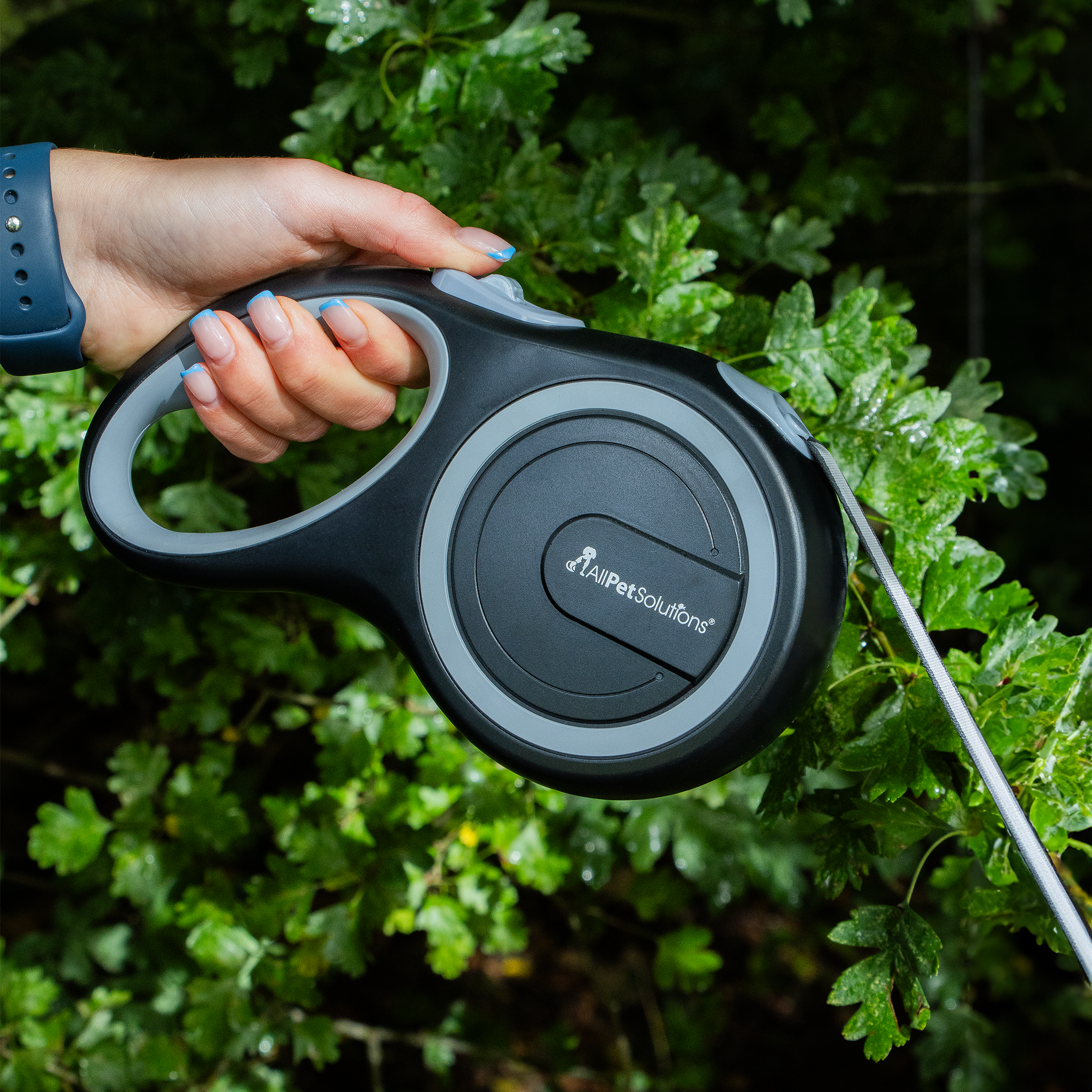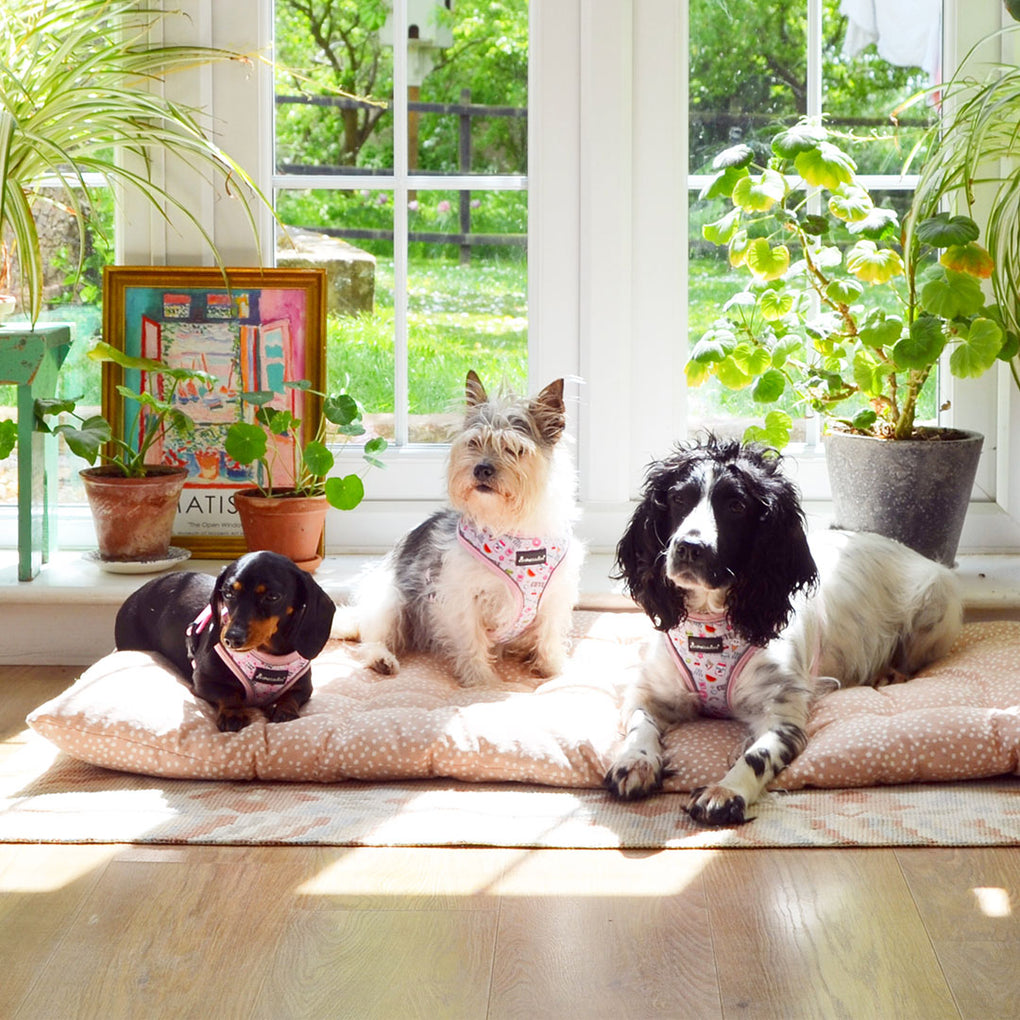Poisonous Plants to Watch Out for on Your Daily Dog Walk
We all know that our pups can't eat certain foods or drink stagnant water, but do you know the range of toxic plants for dogs that grow all over the British countryside?
There are many poisonous plants, and knowing what to do and having first aid kits for dogs could save a four-pawed life.
Toxic Plants for Dogs Every Dog Owner Should Know
Many of the plants you might see on your dog walk can be unsafe:
- Crocuses, including the autumn crocus.
- Potato, rhubarb, onion and garlic plants.
- Oak, yew, horse chestnut and rowan trees (also acorns and conkers).
- Mistletoe and holly.
- Garden star-of-Bethlehem.
- Pieris, laburnum and oleander plants.
- Dumbcane and cotoneaster species.
- Tulips, bluebells, daffodils and foxgloves.
- Hyacinths and azaleas or rhododendrons.
- Ivy and grapevine fruits.
- Giant hogweed.
- Lily of the valley.
Some poisonous plants are only dangerous if your dog eats a large volume. Others may not poison a dog but cause potentially fatal blockages in their gut, so it is best to avoid them entirely.
We recommend picking up a Reflective Dog Lead to be sure your pet hasn't strayed anywhere with any of these plants.
Typical Signs of Poisoning for Dogs
If your dog shows any of the below symptoms, we'd recommend seeing a vet as an emergency appointment:
- Drooling, pale gums or mouth ulcers.
- Lethargy, lack of appetite or collapsing.
- Seizures or unusual twitches.
- Red skin or a rash.
- Vomiting or an upset stomach (particularly if your pet has eaten plants).
- Drinking or peeing excessively.
You can also visit our Dog Healthcare catalogue to pick up a range of supplies you should keep in first aid kits for dogs to help deal with a sudden onset.
For example, our Tea Tree Skin Calming Spray is among the great calming products for dogs that may relieve itchy skin, and a Dog Walking Water Bowl will ensure you can give your poorly pup some fresh water to stay hydrated.
What Should You Do in Case My Dog Eats a Poisonous Plant?
If you are worried that your pet has any typical signs of poisoning for dogs, has been around poisonous plants on your dog walk, or might have eaten something harmful, please get in touch with your vet immediately.
Using a reflective dog leash is one of the best ways to ensure you can see your dog and avoid them coming into contact with anything that could make them very ill - including antifreeze in puddles and other hazards

